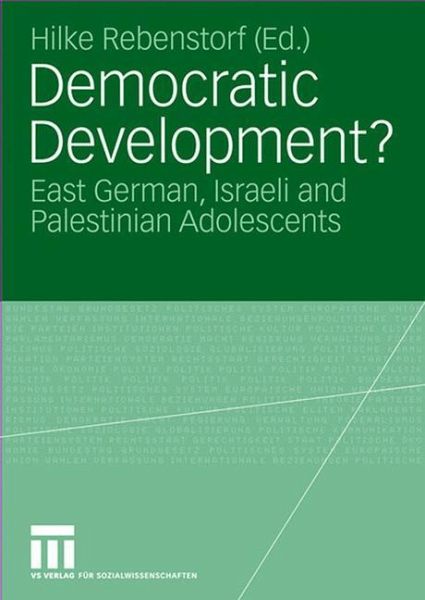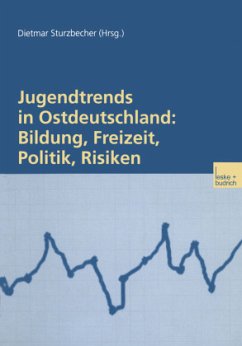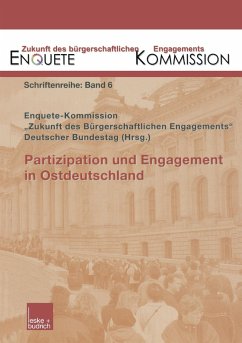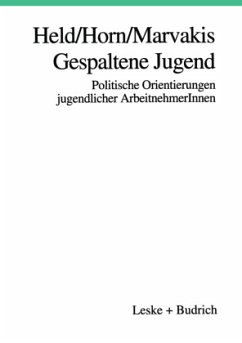
Democratic Development?
East German, Israeli and Palestinian Adolescents
Ed. by Hilke Rebenstorf

PAYBACK Punkte
20 °P sammeln!
How much are young people interested in politics? Are they ready for political participation? What do they think about democracy, in general as well as about the onethey experience? How do their attitudes develop and to what extent are their views influenced by their parents?
Hans Oswald This book, too, is the result of an adventure. It began in 1995 when the author of this foreword began his work at Potsdam University with a longitudinal study of the political socialization of young people, in which he sought to predict the behavior of fIrst-time voters from his new home Brandenburg, one of the new German states, in the Bundestag election of 1998. To this end, the study was to begin with students of grade 10 of the Gymnasium (college prep-track school), continue with two more waves of data collection in grade 11 and 12, and end with a fourth and fInal wave after election day in grade 13. The plan for the investigation stipulated questioning all parallel classes at representatively selected schools, in order to comprise as many friends as possible, thus making it possible to make their mutual socialization influence accessible to analysis. Additionally, both parents of each pupil were to be questioned, in order to set their influence in relation to that of the friends. It was fortunate that Karin Weiss, with whom I had already worked to gether for several years on research projects at Berlin's Free University, re ceived a professorship at the University of Applied Sciences in Potsdam, providing the opportunity for renewed cooperation.














